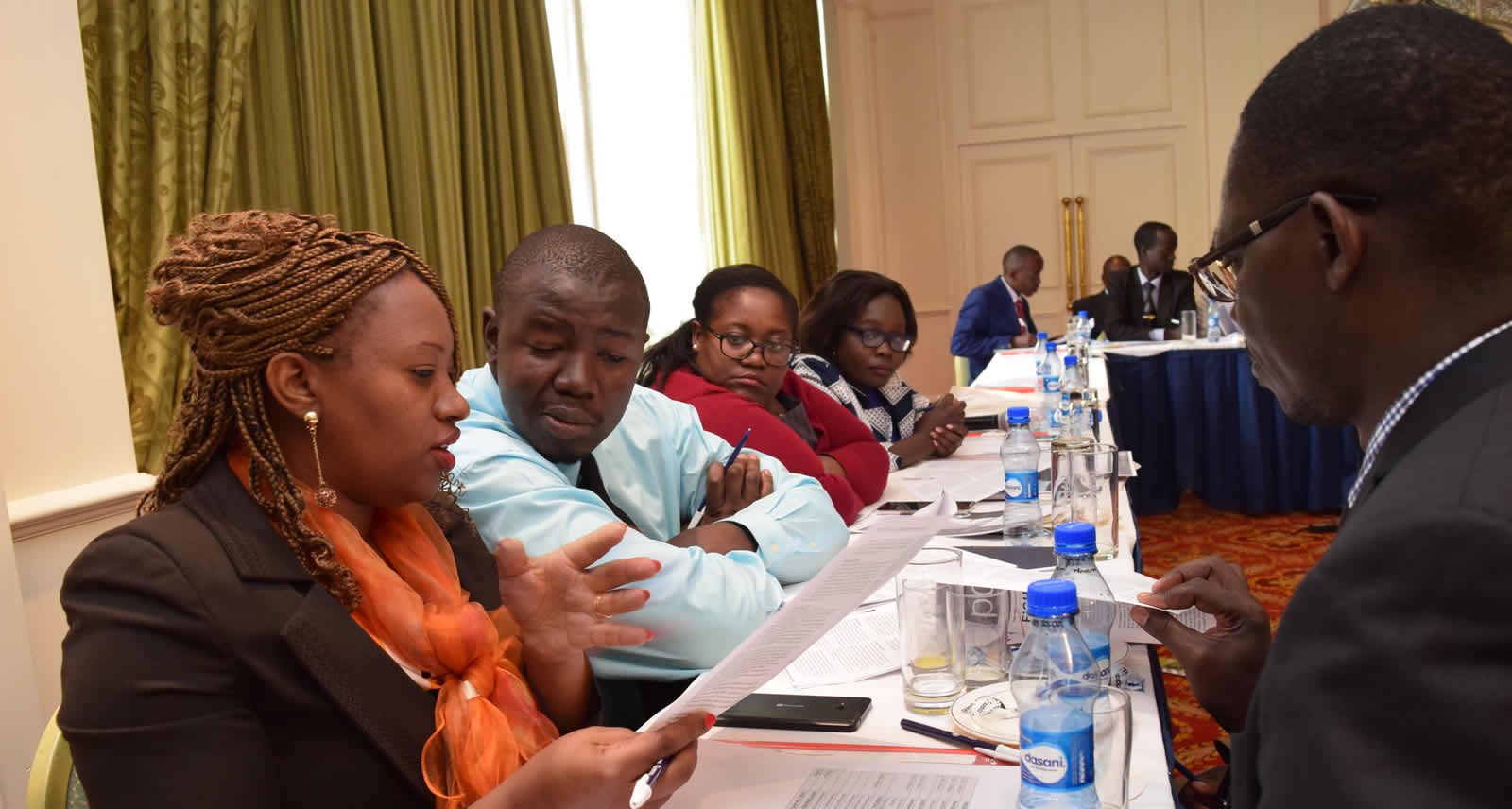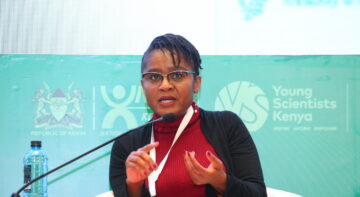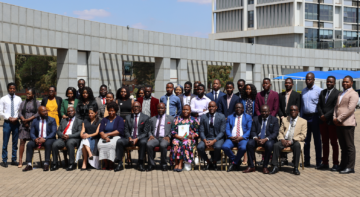Actualités

Between 23-25 July 2018, AFIDEP, Results for All and ID Insight will convene teams of government policymakers, researchers, members of civil society, funders and other partners for a workshop to discuss how evidence can be used to improve policy implementation. The teams participating at this workshop are drawn from a diverse group of nations, including Kenya, Malawi, Nigeria, Ghana, Rwanda, Chile, Mexico, South Africa and Uganda.
For the most part, conversations around evidence use in policy-making have often placed more emphasis on designing policies, while the work on understanding how these policies can be effectively implemented has largely been neglected. But even when policies are informed by the best available evidence, they can still fail to make an impact without effective implementation.
« The biggest problem in many African countries is that policies are not being implemented. Many governments have developed quite good policies, but they are not translating these into actions on the ground through service delivery. Where policies are being implemented, they face many challenges in meeting the needs of citizens. We believe that evidence can play a role in unlocking the implementation challenge in many developing countries. This workshop will start the conversation. »
Policy design should not form the sum total of reasons why evidence is used in policymaking; rather, evidence on what works or doesn’t work at the implementation phase should feedback into the entire policymaking process in a continuous, iterative cycle. The mark of good policy design is the consideration of a plan of implementation at the outset, as well as drawing from operational evidence generated from previous comparable activities.
The workshop, therefore, seeks to, among other objectives, provide a forum for participants to share their experiences in policy implementation, learn about the different types of evidence, policy tools, and engagement strategies that can be used to address common challenges, such as how evidence can be used to create political buy-in, engage with stakeholders, and also to mobilise financial resources.
The workshop sessions shall be highly interactive, and ample opportunities will be given for government teams to share experiences and learn from each other. This is expected to create a shared understanding of barriers that exist in policy implementation within the policymaking contexts of low- and middle-income countries, and the role that evidence plays in addressing these challenges. Teams will also create action plans for addressing their own specific policy implementation challenges.
Related Posts





